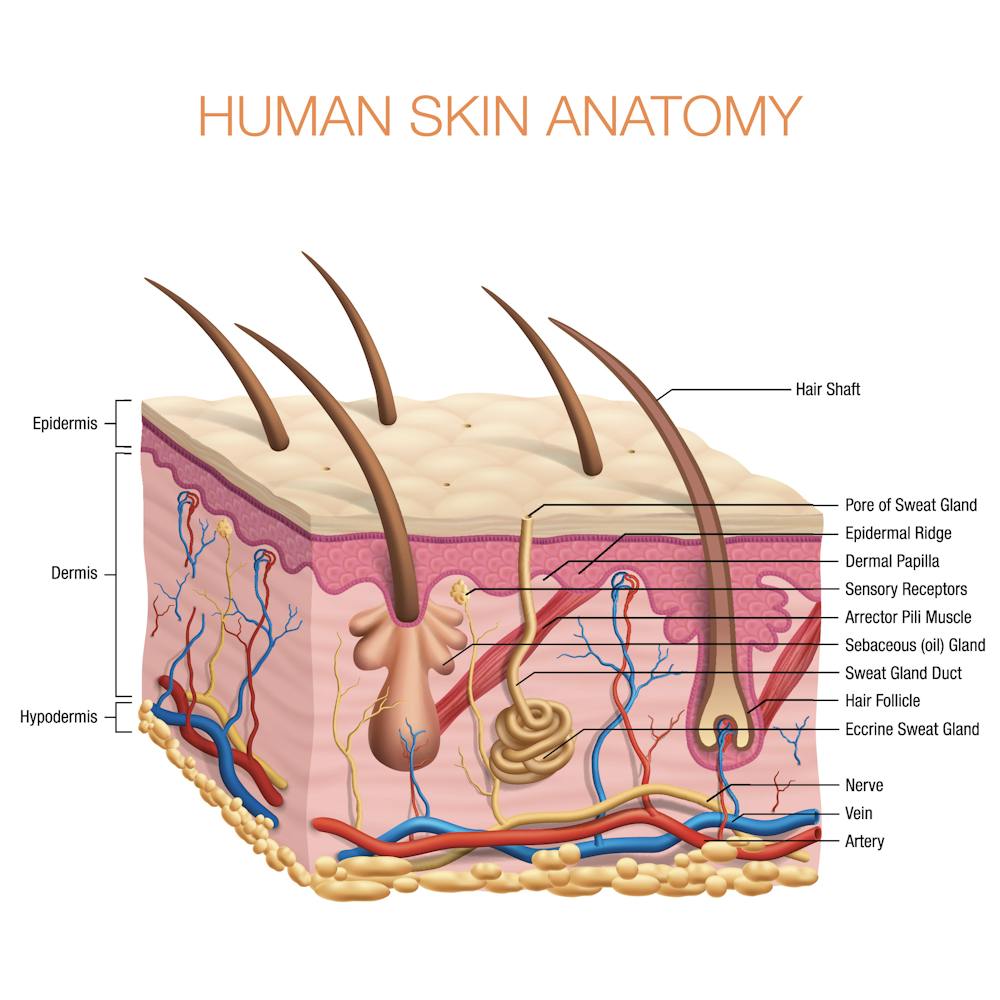Rooted in Results Let’s Get Growing
Hair loss is a symptom. We begin every journey by finding the cause, so your treatment plan isn’t just hopeful—it’s strategic, personalized, and proven to work.
Contact Our Team

Over the course of this past year, a number of times, we have touched on the importance of de-stressing, as we always knew that stress could cause hair loss. As April is Stress Awareness month, we are excited that there may be some good news when it comes to hair loss from stress. In a study released on March 31st, researchers from Harvard believe they have identified why hair loss occurs due to stress. While the study was conducted on mice, they hope it will provide greater understanding for why this phenomenon occurs in humans, with the goal to help with prevention in the future.
Hair loss caused by stress is known as Telogen Effluvium. Telogen Effluvium is the second most common form of hair loss. Telogen Effluvium typically presents as diffuse thinning, meaning coming from all parts of the scalp and most woman will experience an increase in shedding of their hair. While it is normal to shed between 50 and 100 hairs a day, during a Telogen Effluvium episode you can notice more excessive shedding. The telogen phase of the hair cycle is the resting phase, which is when shedding normally occurs, however, during a Telogen Effluvium either the telogen phase is extended or an abnormal number of hairs enter this phase. This can be caused by pregnancy, rapid weight loss, protein deficiency, physical illness, surgery, trauma, some medications, and of course stress. Fortunately, it is usually reversible and complete regrowth occurs in about 1-2 years.
So why does stress cause a Telogen Effluvium to occur? According to the researchers, they found that sustained exposure to stressors increased the amount of the stress hormone corticosterone in mice, which is the equivalent of cortisol in humans. The researchers found that an increase in the stress hormone led to a shortening of the growing phase and a lengthening of the resting phase, which is consistent with shedding and telogen effluvium. Initially the scientists thought the stress hormone was directly affecting the stem cells responsible for regenerating the follicle and hair. However, the scientists realized that instead, the increased levels of the stress hormone were preventing secretion of a certain molecule, called Gas6, which plays a key role in regenerating the follicle and the hair follicle cells. More importantly, the scientists found that manually increasing the molecule Gas6, could activate hair growth even when stress hormone levels were increased.[i]
While this study was only conducted on mice and research has a long way to go before we will know if there is potential to apply this to humans, it is important for us to better understand the mechanisms behind the causes of hair loss. Stress management is so important for many reasons and the health of your hair is one of them.
Posted by Your Medi Tresse Team
[i] Choi, S., Zhang, B., Ma, S. et al. Corticosterone inhibits GAS6 to govern hair follicle stem-cell quiescence. Nature 592, 428–432 (2021). https://doi.org/10.1038/s41586-021-03417-2